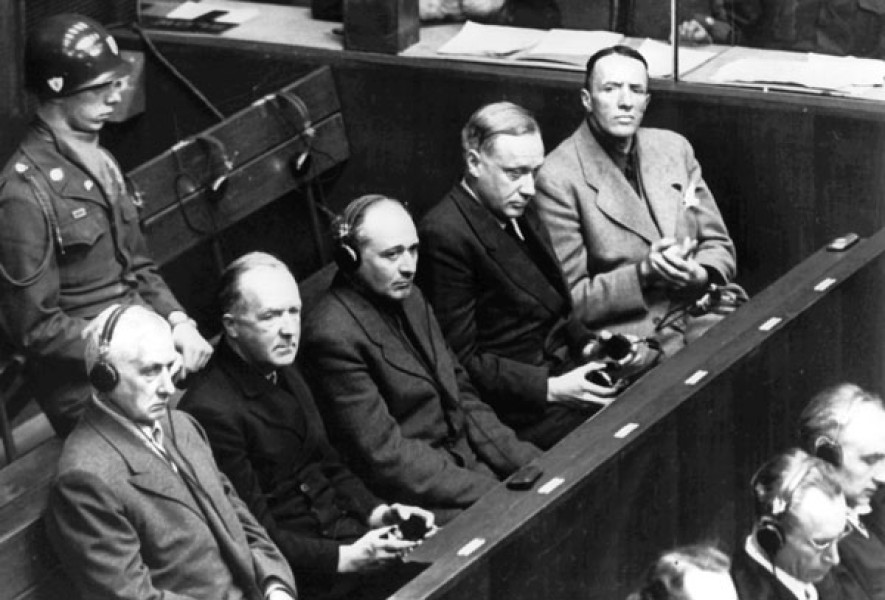The investigation and prosecution of international crimes—including genocide, crimes against humanity, and war crimes—is a fundamental component of transitional justice. It has roots in international criminal tribunals for the former Yugoslavia and Rwanda.
Investigations and trials of powerful leaders (whether political or military) help strengthen the rule of law and send a strong signal that such crimes will not be tolerated in a society that respects rights.
Trials remain a key demand of victims. When conducted in ways that reflect victims’ needs and expectations, they can play a vital role in restoring their dignity, delivering justice, and rebuilding trust in state institutions.
But prosecutions cannot achieve justice in isolation. The large-scale nature of such crimes means that they often cannot be processed through the ordinary criminal justice system—generating an “impunity gap.” Effective prosecution strategies for large-scale crimes often focus on the planners and organizers of crimes, rather than those of lower rank or responsibility.
Implementing prosecution strategies with other initiatives—such as reparations programs, institutional reform, and truth-seeking initiatives—can help close the impunity gap by addressing crimes with large numbers of victims and perpetrators.
Domestic Prosecutions
Prosecutions for international crimes have more potential for impact when they are held domestically, within the society where the crimes occurred. However, societies emerging from conflict or in transition may lack the political will to prosecute these crimes, and legal systems may be in disarray.
Even sophisticated legal systems—which mainly deal with ordinary crimes—may lack the capacity to effectively address such crimes, despite advances in international efforts to coordinate around the documentation, investigation, and prosecution of international crimes under principles of universal jurisdiction such as most notably those in connection with prosecution of Augusto Pinochet and in response to the mass atrocities perpetrated in Syria. The application of universal jurisdiction principles—which allow for the exercise of jurisdiction over an accused regardless of where the alleged crime was committed or the accused’s nationality or residence—has led to the conviction, for instance, of exiled dictator of Chad, Hissène Habré, on torture charges.
International Prosecutions
These problems may sometimes require other types of international approaches that draw on best practices from elsewhere—for instance through the international criminal tribunals mentioned above or “hybrid” courts or tribunals, composed of international and domestic justice actors. Such courts have been created in Sierra Leone, Bosnia, Timor-Leste and Cambodia.
International Criminal Court
In 2002, the Rome Statute established the International Criminal Court (ICC). The ICC investigates and prosecutes individuals responsible for genocide, war crimes, and crimes against humanity committed since July 1, 2002—in cases where countries are unwilling or unable to do so.
Under the Rome Statute’s “complementarity” principle, domestic courts still have the duty to deliver justice. As such, the ICC remains a court of last resort. In recent years, domestic courts have increasingly taken up this role.
